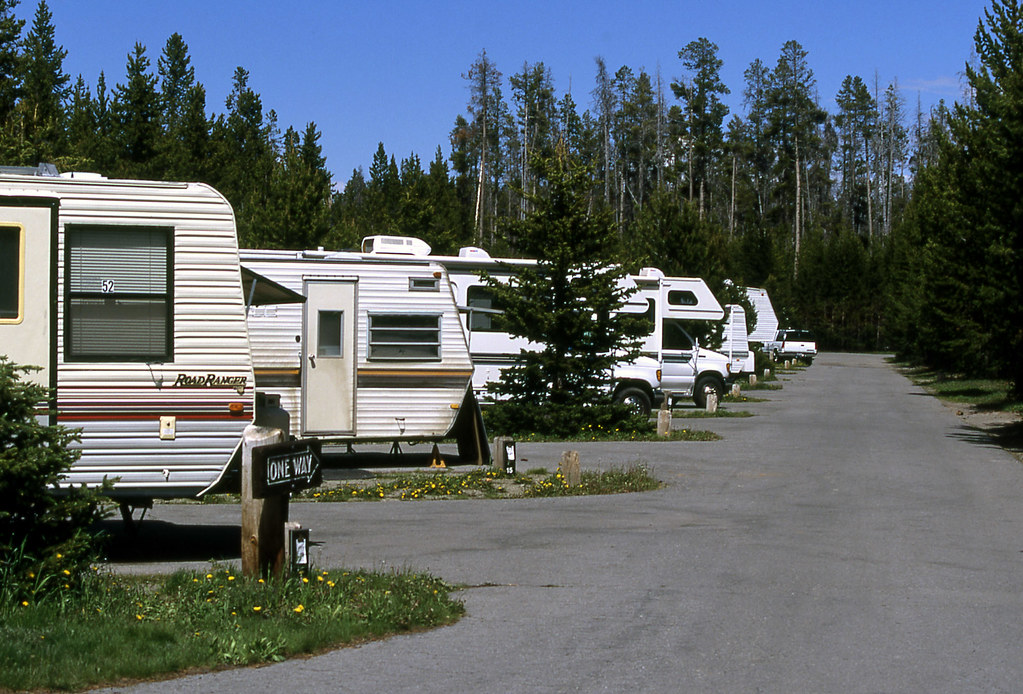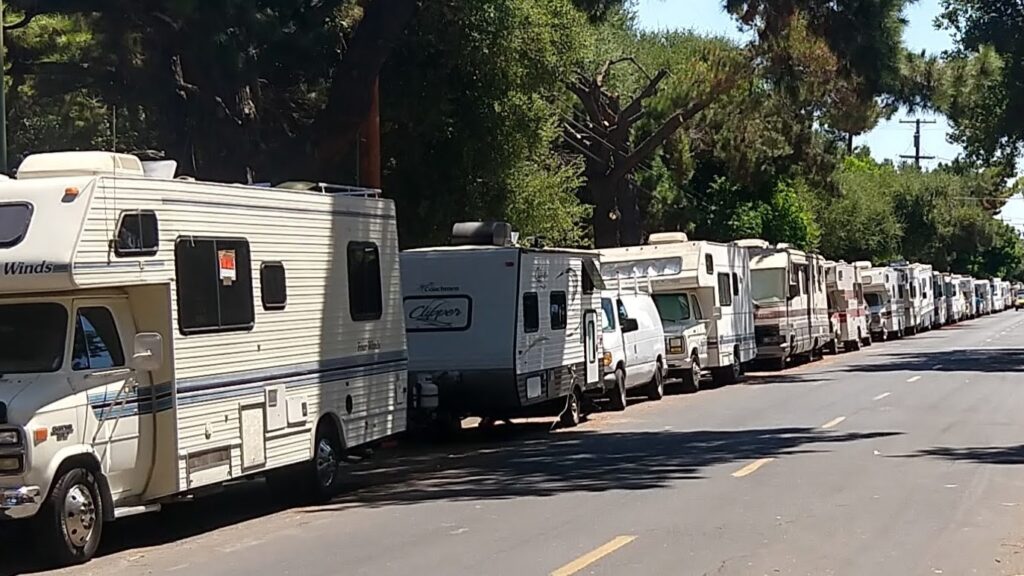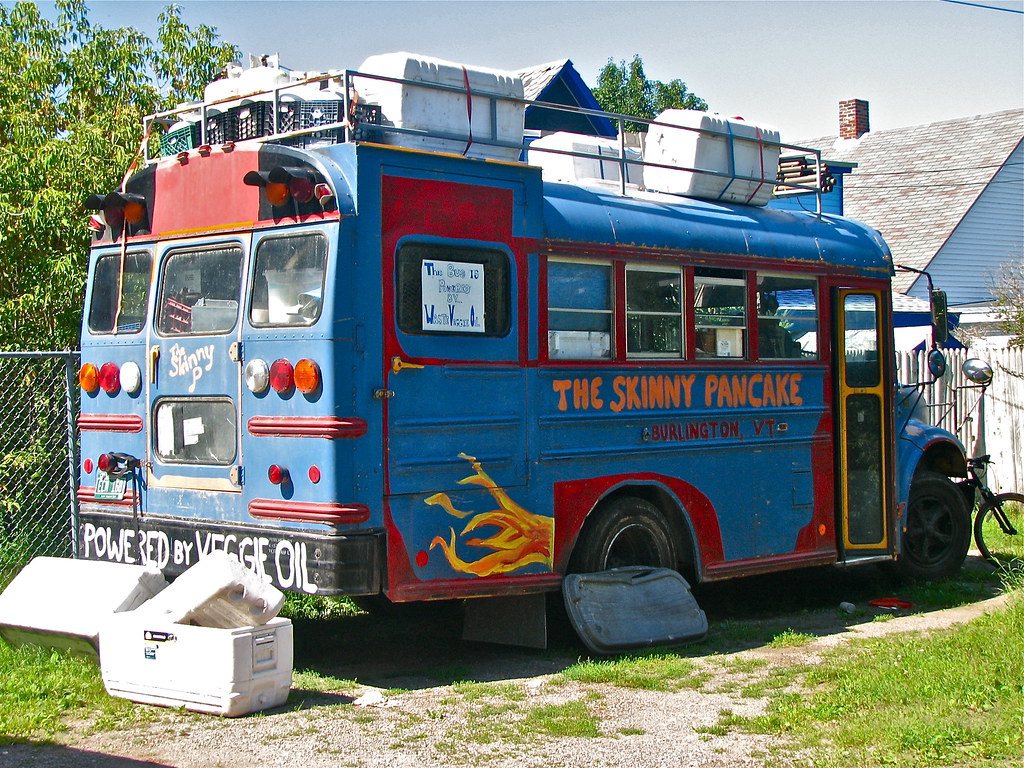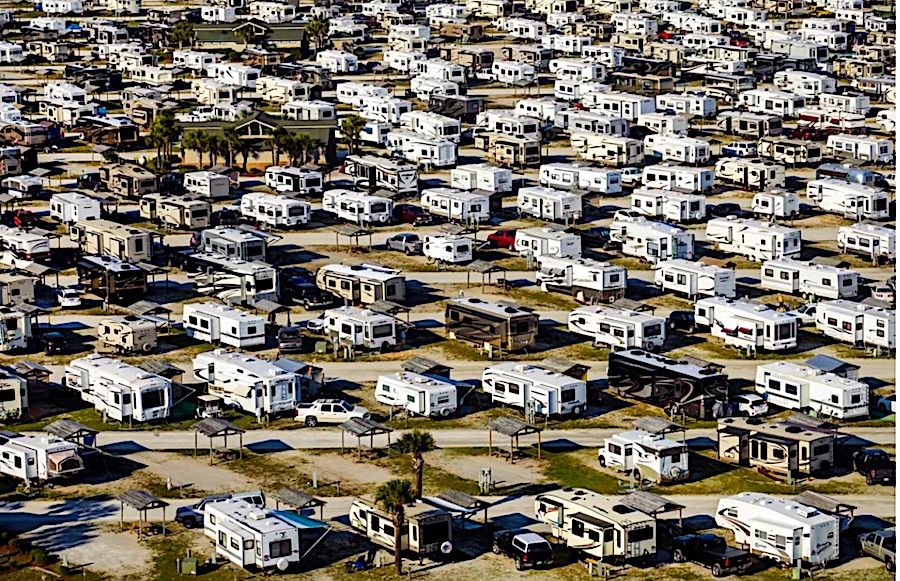Thanks for your support! If you make a purchase using our links in this article, we may make a commission. And, as an Amazon Associate, I earn from qualifying purchases. See the full disclosure here.
Let’s face it, RV campgrounds are not always what they say they are. If you are adventurous and are willing to boondock, RV campgrounds can be avoided for a variety of reasons. Below I’ve listed out 10 Reasons to Avoid RV Campgrounds but these days it’s just very hard to get a reservation.
Many RV parks are booked out six months or more, particularly for a stay over more than a few nights. Certainly, holidays are already filled as well. Work camping is a great way to stay at a nice RV park and not have to have a reservation.
The reason RV parks are filled may be COVID-related. An RV is a great way to get away and still be somewhat isolated from others. I was talking with someone recently who ordered an RV and it was nearly a year before they received the rig.
Statistics show that total RV shipments will likely end 2021 up by a 34 percent increase over 2020. Those numbers put many more units and the road and taking up space in RV parks all over the country.

10 Reasons to Avoid RV Campgrounds
1. RV Campgrounds are Too Expensive
The statistics above can also encourage RV parks to raise their fees because of the high demand. Fees average $30-$50 per night at a basic RV campground but that amount will definitely go up at RV resorts and places with more amenities. Some RV resorts average more than $100 per night.
You also need to consider what the park or resort has to offer. A place with no hookups or just water and electric, could be as low as $20-$30 per night and likely will have fewer people occupying the sites. BLM land or dispersed camping is free but some require reservations now because of the high demand.
2. RV Parks are Crowded and the Neighbors are Too Close
If you don’t like opening your RV door over your neighbor’s sewer pipe or having to keep your blinds shut because you are too close to your RV neighbors, then you might want to avoid an RV campground or park. Even with a lot of due diligence, you might not end up with what you expect.
It’s easy to deceive people with website pictures that look better than reality. Some websites skip the pictures altogether. Stay away from any that you can’t at least get an idea of what you are getting for your hard earned dollar. When you make your reservation, don’t feel bad about asking a lot of questions, including the size of the sites and the space between rigs.

3. RV Campgrounds Can Be Noisy
If those too-close neighbors are party animals who don’t follow the quiet hour rules, it could be a frustrating vacation. That noise could also include barking dogs, loud music, and much more.
These days people like to have outdoor television sets blaring at full volume or loud stereo systems. Strings of lights can also be a nuisance when all you want to do is enjoy the night sky or get some shut-eye with the windows open. Want to take a nap? That might not happen either with noisy neighbors.
Often RV parks are built near highways for a quick on and off for travelers headed to another destination. These can have highway noise which could become problematic if you are there for more than a night or two.
Trains can be one of those “hidden” noise producers. You won’t know there might be a problem until you arrive. Some noise during the day might not be a big deal but the blast of the train’s horn in the middle of the night could be.
These days, RVers often come with “toys” which could include four-by-fours, side-by-sides, ATVs, motorcycles, and more. While most are considerate of others, some like to rev their engines and let everyone know they are there.
Many RV parks do not allow these types of vehicles so it’s best to do some research to find out where to go to avoid these. Of course, it doesn’t help if they ban them on their website but don’t enforce the rules in the park. Which leads me to…

4. Campground Rules Sometimes Go Unenforced
This isn’t one that you can really know ahead of time, but I would not hesitate to complain if you see a problem. If the situation is not addressed then you have the option to leave. Check on the cancellation/leave early policy prior to arriving.
I’ve heard of some issues in the past with dogs off the leash that became a tragic incident, for instance. Know that even if there are rules, particularly for pets they might not always be followed. Quiet hours are sometimes not enforced as well. Certainly, check reviews and if you see these issues mentioned frequently, stay away.
5. There Can Be Lots of Kids at RV Campgrounds
Kids come with noise and activity but who can blame a parent for wanting to take a family RV vacation. If you don’t want the noise from kids, you might want to find a 55 and older RV park. There are plenty to be found. Some RV parks are not kid-friendly for large families because of the cost of “extra” people on the site.
6. 3 Night Minimums in Season
Many RV parks have a two or three night minimum on weekends in particular. You might be able to get around this by paying an extra fee or seeing if the park can squeeze you in between other reservations. Those one-day spots are harder to fill and the RV park would probably be happy to have the extra booking.
7. Extra Add On Charges
Extra charges come in abundance, particularly at more high-end RV resorts. Of course, you get a lot of amenities like pools, spas, gyms, and activities. But you might want to ask a lot of questions during the reservation process. How much space do you have for your RV? Do you have room for your tow vehicle?
If you are bringing those ATV’s is there somewhere to park your trailer? What does it cost for that extra parking space? What does it cost to do laundry? Can you wash your RV at your site or do you have to pay a water use fee?
Is there a maximum number of people that can stay on your site? What is the charge per person when you go over that number? These are just a few of the areas a park might add on an extra fee.
8. RV Park Restrictions
Age, as I mentioned earlier, can be a restriction. RV parks that are 55 and older do not cater to families with children so you will not likely be welcome there if you don’t fit into their demographic. Some parks do not allow RVs that are older than 10 years.
Some hold fast to that rule and will ask you the year of your rig when you reserve. Some will allow you to send a picture to make sure it looks good despite its age. I wouldn’t recommend trying to skirt this rule, you will likely not be able to keep your reservation or will be asked to leave if you happened to get parked. RVs with damage or obvious fading are usually the ones targeted.
School bus renovations (skoolies), camper vans, pickup campers, and others may also not be welcome. Some also have length restrictions where shorter or longer RVs might be restricted.
Most also have restrictions on the breed, size, and the number of dogs you can bring. You may have the nicest pitbull on the planet, but it is likely to be banned at many RV parks. Dobermans, Rottweilers, wolf-hybrids, and any dog that is deemed an aggressive breed are also on that list.

9. Campsite Lock-in Fee
A campsite lock-in fee allows an RVer to choose a particular site for a one-time fee. That site can’t be changed by the campground. In the past, RVers would make a reservation at a campground and choose their site when they arrived. Now, with online booking, in particular, a guest might be able to choose exactly where they want to stay, and with a pop-up window or button, select to lock that site.
An over-the-phone reservationist might have a “do not move” option so be sure and speak up if the reservationist doesn’t ask. If you don’t select to lock your site, the campground can move you for any reason and they don’t have to ask. This locking is a good thing for campers who are at the park with other family members or friends grouped together, or if you just happen to like the site that you picked.
10. Demographics
I went into this a little earlier, but RV parks sometimes discriminate based on the demographic of the guest. Many parks in Florida and Arizona, in particular, are considered 55 and older parks. Anyone younger and particularly children are not allowed. They also may discriminate against your old and possibly beat up camper, your dog’s breed, and more.
4 Alternatives to Avoid RV Campgrounds and Parks
Now that I’ve supplied all the reasons you don’t want to stay in an RV park, let’s take a look at where you can go that, for the most part, gets rid of all those negatives.
1. Boondock to Avoid RV Campgrounds
Boondocking or dry camping, where you don’t rely on hook-ups can be done just about anywhere. In states such as Colorado, Utah, Wyoming, and others there is Bureau of Land Management (BLM) land where you can park and enjoy all that nature has to offer without others nearby for the most part. Sometimes this is also referred to as dispersed camping. Either way, there likely are few people and RVs nearby to disturb your peace.
You are usually limited in how long you can stay on BLM land – usually, 14 days in a 30-day period and you must be 100-200 feet away from any road, trail, or water source. Of course, at some point during that time you will have to move to empty your holding tanks and get water.
You can purchase a generator to keep your electric going. Some use solar power or rely on a bank of batteries to keep going. It might take some effort and money but boondocking can be a very satisfying way to use your RV. TheDyrt PRO is a great way to find BLM camping locations. They even have downloadable maps so you can find your way when you inevitably lose your cell signal.
2. Harvest Hosts and Boondockers Welcome Locations
Harvest Hosts and Boondocker’s Welcome are great ways to avoid RV campgrounds. Although they require a yearly membership for access to their list of places you can camp we find that we are usually the only ones there.
Harvest Hosts are usually on farms, wineries, breweries, golf courses, attractions, and more. And when you stay at a Boondocker’s Welcome location you are on someone’s private property! And both of these options offer free camping spots once you join up.
We stayed in Pueblo, CO, with a woodworker and his wife. He gave a woodworking demonstration and shared their campfire during the evening. We have also stayed at a farm, with lots of farm-made products for sale, and at an abbey/winery and enjoyed a wine tasting. Most of these places have limited hook-ups but can be a memorable stay. There are more than 2,500 to choose from all over the United States.
3. State and National Parks
Some other great places to get away from the crowds are state parks and national parks. These might have limited hook-ups but are in wooded areas, far from the crowds. Rules here are generally basic: pack out your trash and leave the site as you found it.
4. Parking Lots of Big Stores and Restaraunts
You can choose to stay away from RV parks on your way to a destination by parking overnight in a Walmart parking lot. Be sure and ask the manager before you settle in for the night, utilize the store to get some groceries, and be courteous.
Other places such as Cracker Barrel restaurants, Lowes, or Home Depot are also possible places to stay the night. Casinos are also great places to park your RV overnight. Some even have designated parking for RVs. As I stated earlier, talk to a manager so you know what the rules are, be courteous, and clean up your spot when you leave. If these places find RVers to be problematic, they will stop allowing them to patronize their parking lots and everyone loses.
Truck stops are also a place you can park overnight, however, please be courteous and stay in RV designated spots only. Rest stops are usually a no to park overnight but if you need to stop and rest for a few hours you will probably be ok. Just don’t look like you are staying. Don’t open your slides, put out your chairs or pitch a tent.
You can also check out overnightrvparking.com, download the app and find more than 14,000 free overnight parking locations across the US and Canada.
In Summary – Why You Might Avoid RV Campgrounds
It’s not that RV parks are all bad these are just some reasons you might want to avoid RV campgrounds. If you are new to RVing you will find your niche as you gain experience.
Experienced RVers at an RV park can be a great help to someone who is new with help to back up and set up and answer your questions. Don’t be afraid to ask. Then, when you feel confident, you can venture off to BLM land for an epic view of the night sky and the surrounding landscape.
My husband and I like to stay at Harvest Host sites when we travel. In about a month, we will be doing some site seeing in the west and have chosen state and federal parks to stay in for a night or two.
When we work camp, we stay in the resort where we are working, usually surrounded by other work campers and guests but in that case, we are always subject to the same rules as everyone else.
And sometimes we experience some of the issues I’ve mentioned above. But the really great part is we don’t need a reservation and if someone is being a nuisance, we know it’s only a matter of time before the next guest arrives.
Related Reading:
RV Campgrounds vs Boondocking: Pros and Cons
11 Essential Tips for RV Camping in National Parks
The 5 Best RV Campground Memberships
Why Are RV Park Rates So High?
Review of CampgroundViews.com – Virtual Campground Tours
About the Author:
Terri Nighswonger – Author and Full Time RVer
Terri Nighswonger and her husband Todd have been RVing and work camping for six years with their Cavalier King Charles Spaniel, Newton, and their Minnie Australian Shepherd, Remi.
In Addition to the RVBlogger team, Terri has written for RV Life and RV Camping Magazine and is always excited to talk about her passion for RVing and her knowledge and experience in work camping.
Writing is Terri’s passion, but she also loves hiking, kayaking, walking her dogs, and anything she can do outdoors.
They originate from the Midwest but plan to enjoy the West for a few years, wintering in Arizona and summering wherever the road may lead.


